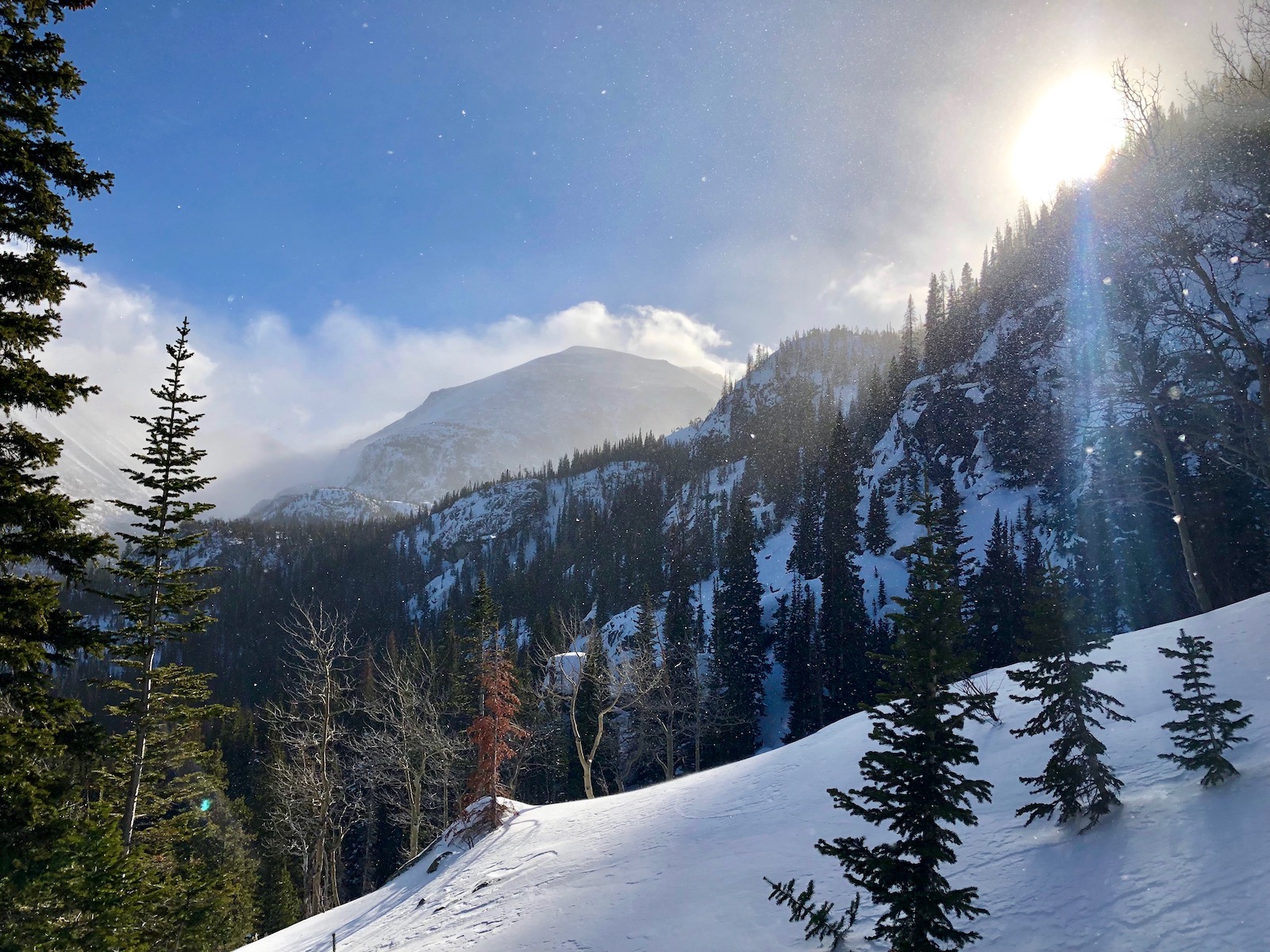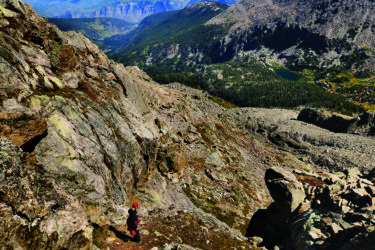The Local newsletter is your free, daily guide to life in Colorado. For locals, by locals.
The last time a government shutdown lasted more than a few days, back in 2013, national parks were closed to all visitors. But that happened under a different administration and very different circumstances. Now, as the most recent government shutdown (which began at midnight December 22) enters its third week, national parks are open to visitors but with only limited staffing. Across the country, outdoor enthusiasts and vacationers have been pouring into the parks despite the fact that most rangers are furloughed and basic services are not available.
National news outlets have been quick to tell stories about overflowing latrines, high-piling human waste, and the ensuing free-for-all on federal lands as the Trump administration and congressional Democrats continue their standoff. However, according to experts from the Boulder-based Leave No Trace Center For Outdoor Ethics, the threat to our public spaces during the shutdown stretches far beyond the most lurid details expressed by national media. In Colorado, where Rocky Mountain National Park is a popular wintertime destination, wildlife and fragile vegetation are under increasing pressure as people recreate without the typical oversight of federal park rangers.

“We get more and more concerned everyday,” says Susy Alkaitis, deputy director of Leave No Trace. “There are really fragile ecosystems out there that are protected for a reason.”
Due to lack of enforcement, there are reports of people bringing their dogs into restricted areas, flying drones in the parks, off-roading in protected areas, and camping near watering holes that wildlife like bighorn sheep rely on. Moreover, as garbage accumulates and few employees remain to remove it, conservationists are getting worried. “If wildlife has access to garbage and human waste,” Alkaitis says, “That takes a toll.”
In an effort to help mitigate the impact of recreation during the shutdown, Leave No Trace released a series of guidelines this week to help people responsibly enjoy the national parks and other federal land. Among the recommendations is one the pillars of leave no trace principles: pack out all garbage. “Make sure that you equip yourself with extra bags for any potential trash that you generate,” the organization wrote in a media release. Another key recommendation concerns human waste: “Given that many restroom facilities on federal lands are closed or already compromised, the use of biodegradable, disposable toilet-in-a-bag-type products is essential.” According to Alkaitis, on some federal land it is acceptable to bury human waste.
Moreover, the guidelines call on visitors to educate one another and share Leave No Trace principles widely. “We believe that people in general want to do the right thing,” Alkaitis says. “We’re hopeful people are even more receptive [to listening to one another] because there is no ranger around and no one is there regulating. Lack of information causes impact. That’s why education is so important.”
Lastly, Leave No Trace recommends that people “develop a plan B” and avoid national parks and federal lands when possible. Colorado, for instance, boasts millions of acres of state, county, and city-owned land that people can access while the federal government is shuttered. “This is a great time to explore alternatives,” Alkaitis says. “If you can avoid being in a national park, if you can explore elsewhere, definitely get out there.”
With no end to the shutdown in sight—on Friday, President Trump reportedly suggested it could last “months or even years”—it remains to be seen what will happen at our national parks. It’s possible that the National Park Service could close the parks, but it’s unclear how the agency would enforce such a closure. In the meantime, if you’re enjoying the great outdoors in Colorado, make sure to practice Leave No Trace principles and, if you can, avoid federally owned land altogether.
Get Outside: If you’re looking for alternatives to Rocky Mountain National Park or other federal spaces in Colorado, check out the incredible trails in our comprehensive Hike We Like column, which encompasses Colorado and the Western region.








